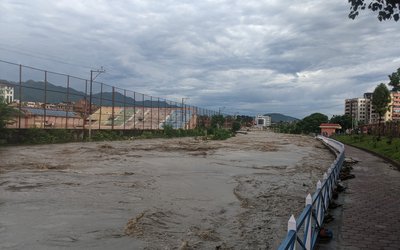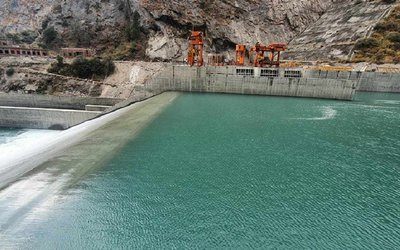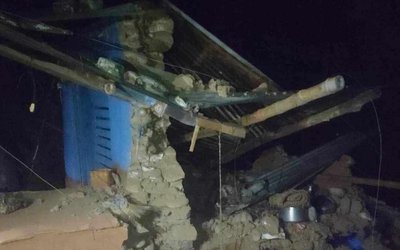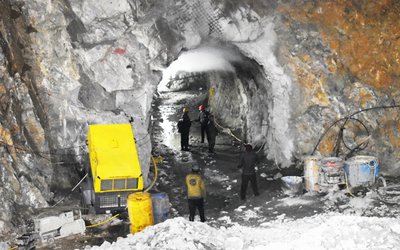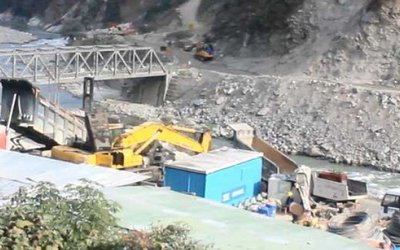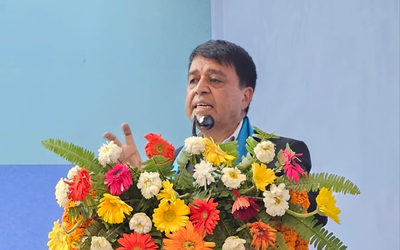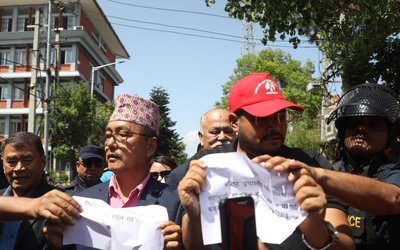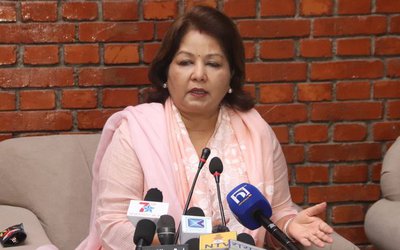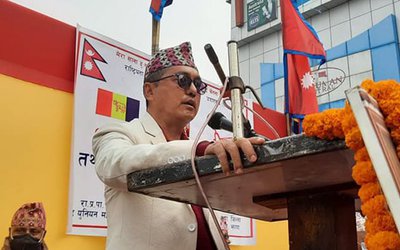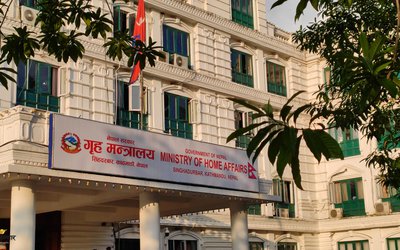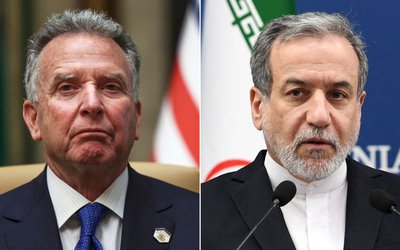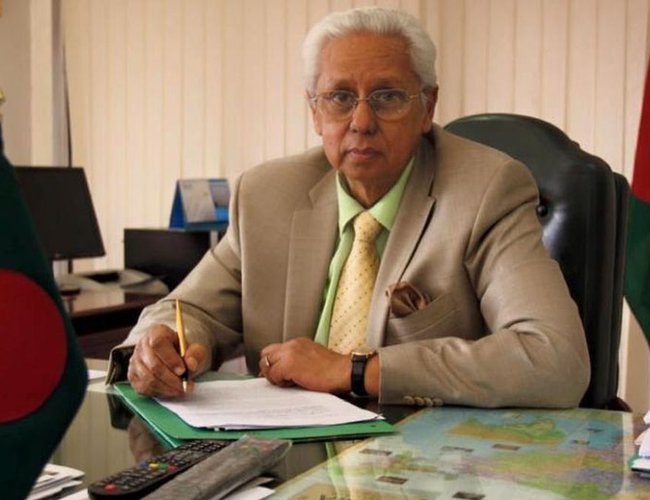
Bangladesh High Commissioner in India, Syed Muazzem Ali stressed on the need to give all rivers flowing in the region a new lease of life.
“The people of Bangladesh face water crisis for three months a year. Rivers have lost their capacity to reserve water, and people experience water problems during the dry spell and then floods due to the monsoon rains,” Ali said, adding, “Joint Basin Management is imperative to resolve the crisis and it can be started from the Ganga basin, which is connected with Nepal, India and Bangladesh. In the Brahamaputra Basin, another country, China, is also involved.”
Talking to reporters on his return journey here on Friday, Mr Ali said that the Bangladesh government has proposed that India begin a ‘Joint Basin Management’ project to resolve the acute water crisis.
Virtually, the ‘Joint Basin Management’ idea was conceived after the Teesta water sharing treaty, which was almost ready to be signed between the two countries, was not inked following objections from Chief Minister Mamata Banerjee.
“It is very much possible to bring back the life of rivers. Dredging is required for a river from its origin to its end. But we do dredging in a particular section. We need to study a number of bridges, dams, embankments on the rivers from their origins. We suffered a lot and can’t manage river by preventing its natural course,” he added.
The High Commissioner also said that waters from the Teesta are required for farmers. “The poorest people live there where the Teesta passes in Bangladesh,” he said.
He also claimed that the number of tourists visiting India from Bangladesh has increased three fold in the recent past and that it would increase more after implementation of some other projects, including setting up of a visa office in Siliguri and air service from Dhaka to Bagdogra. “The visa office will be set up here if the Indian government gives its consent,” he added.
Asked to comment on the Bangladeshi people’s visit to Bhutan, the High Commissioner said: “People from Bangladesh go to Bhutan by air. They can’t go by road. Road visits would be possible after the implementation of the BBIN (Bangladesh Bhutan India Nepal) motor vehicles agreement, though Bhutan has failed to ratify the agreement.”
However, according to him, the same will be implemented within two to three years. The High Commissioner also stressed on the need of ‘energy cooperation’ between India and Bangladesh, and termed it important.
Showcasing Bangladesh Prime Minister Sheikh Hasina’s steps to maintain better relations with India, Mr Ali said that his country wants to revive the old railway connectivity, riverine connectivity and create more Indo- Bangladesh border haats (market). According to him, three Indian ministers, including the Union home minister, are scheduled to visit Bangladesh within three months.
Courtesy: The Statesman
- Invest Small Portion Of your earnings in Nepal, we will create an environment that will yield returns: Chairman Dhakal
- Apr 20, 2025
- RPP Leaders Demonstrated Inside Singhadurbar , Linden Arrested
- Apr 20, 2025
- Foreign Minister Dr. Deuba to head to Bangkok to chair UN Meeting
- Apr 20, 2025
- We Do, What We Say, The Government Will Not Be Afraid: RPP Leader Lingden
- Apr 20, 2025
- Home Ministry warns RPP: Action will be taken if it violates prohibited Areas
- Apr 20, 2025
